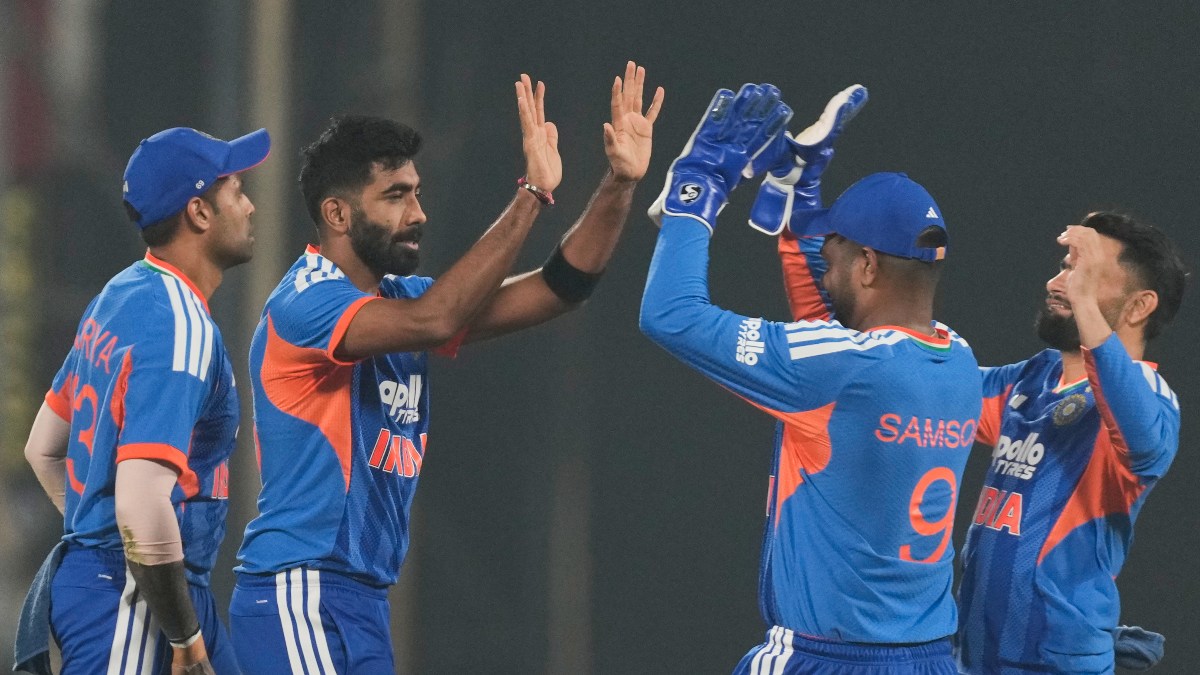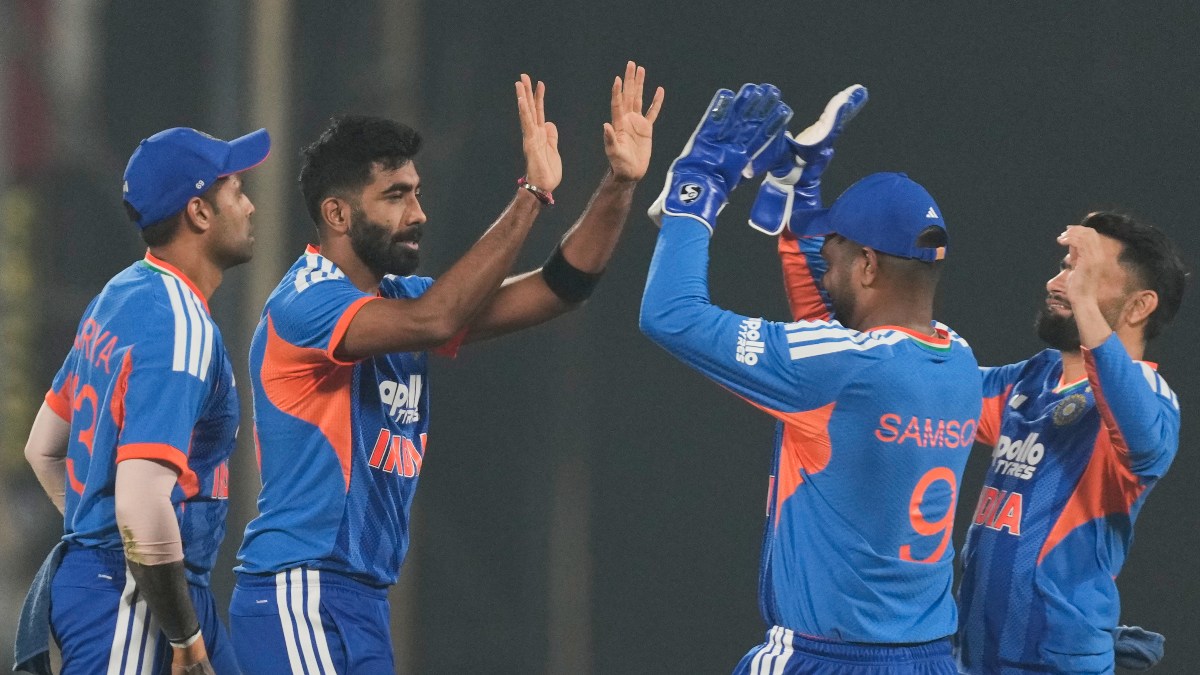In a dramatic and unexpected move, Sheikha Mahra bint Mohammed bin Rashid Al Maktoum, the princess of Dubai and daughter of the city’s ruler, announced her ‘instant divorce’ on social media.
Earlier this week, the princess shocked the world with an Instagram post accusing her husband, Sheikh Mana bin Mohammed bin Rashid bin Mana Al Maktoum, of infidelity, stating he was “busy with his other companions.”
“Dear Husband, As you are occupied with other companions, I hereby declare our divorce,” she wrote. The princess then invoked the Islamic practice of triple talaq to call their separation: “I to divorce you. I divorce you, and I divorce you. Take care. Your ex-wife.”
The post has amassed 86.7K likes so far.
The news caused a social media frenzy, with some users noticing that the couple had not only unfollowed each other officially but also removed all photos of one another from their profiles. Some even speculated that Sheikha Mahra’s account was hacked.
The royal love story turned sour
The shocking end to the couple’s marriage comes just over a year after their lavish royal wedding in Dubai.
In March 2023, the royal duo announced their engagement through the Arabian Royal Agency. To mark the occasion, the princess’ father, Sheikh Mohammed bin Rashid bin Mana Al Maktoum, who is also the Vice-President and Prime Minister of the United Arab Emirates, penned a celebratory poem.
Quick Reads
View AllTheir fairytale began with a traditional Islamic ceremony, Katb Al-Kitab, in May 2023. This was followed by an extravagant wedding reception in Dubai in June. In their wedding photos, Sheikha Mahra donned a stunning white embroidered ball gown designed by Dubai-based designer Ezra Couture.
The couple then embarked on a romantic honeymoon to the Greek islands of Mykonos. Sheikh Mana shared photos from their trip, with captions like “the happiest night of my life,” capturing the joy of their early days together.
In May this year, they welcomed their firstborn, a daughter. The princess expressed her joy over the “most memorable experience” of giving birth, and photos showed Sheikh Mana tenderly cradling their little one. They named their daughter Mahra, after her mother.
However, signs of possible trouble emerged last month when Sheikha Mahra posted a cryptic photo of herself cradling her daughter, captioned “Just the two of us."
This dramatic and unforeseen end to their marriage has left many stunned, as their seemingly perfect union unravels in the public eye.
The social media reactions
Hours after the announcement, several social media users and well-wishers came to the princess’ rescue and flooded her post with concerning messages.
“Bad news. God bless you,” a user wrote under her post, while another commented, “I am proud. Your Decision.”
Some users even took to applaud the princess for her “courage and bravery”, saying, “It is just a phase of life and it will continue with good and bitterness and life doesn’t stop for anybody.” Another comment read, “I find it empowering when a woman recognises her worth and confidently stands her ground.”
Sheikha Mahra, has been advocating for women’s empowerment and local designers in her country for years now. She even holds a degree in International Relations from a university in the UK and also has a college degree from the Mohammed bin Rashid Government Administration.
“Path breaking and truly liberating for all the women out there who feel side-lined or not given priority…this is a strong message,” said a netizen adding, “All the very best Princess”.
Is ‘instant divorce’ possible?
While many users have rallied in support of the princess, others have questioned if her triple talaq divorce is possible. One Instagram user commented, “But the divorce will occur from Husband’s side, right? And wife have to choose Khula?”
Traditionally, only men can pronounce talaq in many interpretations of Islamic law. Known as “talaq-e-biddat,” this form of instant divorce allows a husband to dissolve the marriage by pronouncing “talaq” three times in one sitting. In the UAE, this right is exclusively reserved for husbands, who can initiate divorce through various means, such as letters, phone calls, or even SMS.
Women, on the other hand, must seek separation through a different process known as “khula,” where they request a divorce from their husband or a court. In some jurisdictions, women can also include a clause in their marriage contract (nikah nama) that grants them the right to pronounce talaq. However, without such a clause, women do not have the same immediate recourse to divorce as men.
With input from agencies


)

)
)
)
)
)
)
)
)



